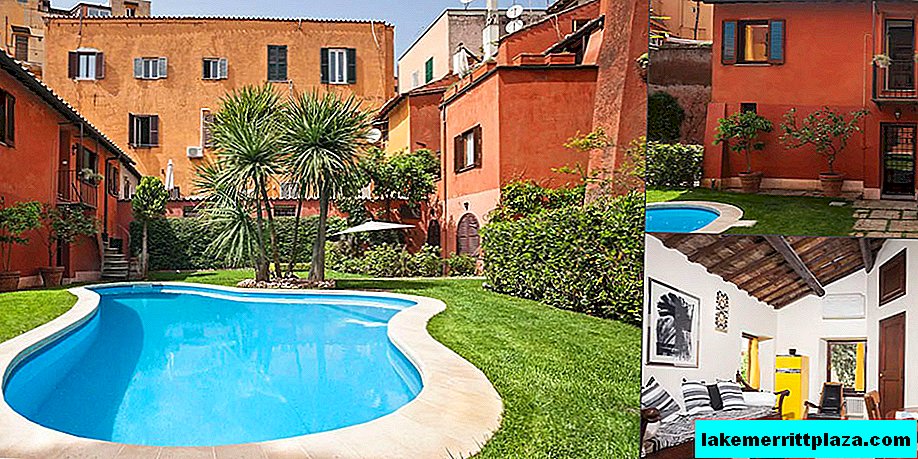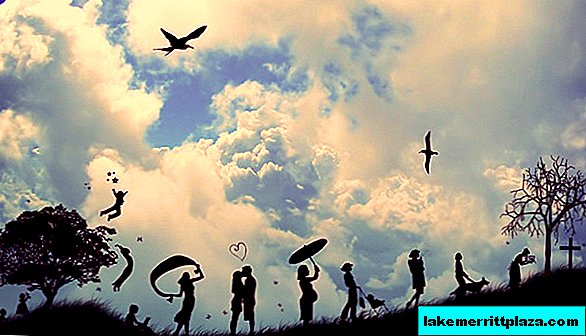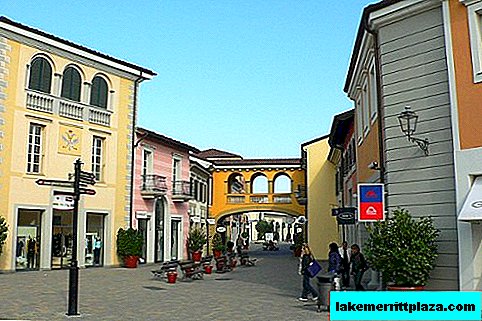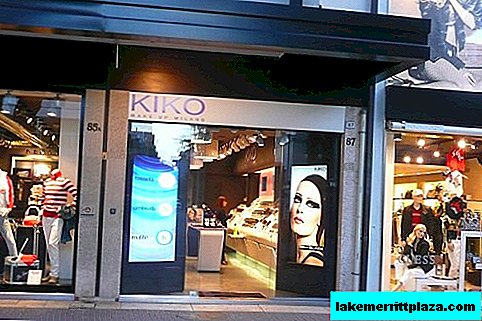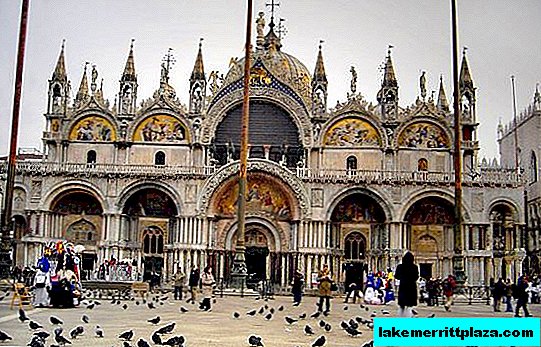The European Parliament adopted Italian law as the basis for a project to reduce the use of plastic bags by EU member states.
The good news came from Strasbourg. The European Commission on the Environment has written in black and white the objectives of the program to reduce the use of plastic bags, and Italy's example recognized as exemplary.

Compared with the European average recorded in 2010, the number of plastic bags in Europe should decrease by 50% within three years after the entry into force of the new directive, and by 80% over a five-year period.
The activities of the Italian government in a similar situation are recognized as more than successful and worthy of imitation.
Indeed, the use of plastic bags in Italy fell by 50% in three years: from 180,000 tons in 2010 to 90,000 tons in 2013.
If we calculate this indicator per person, then today Italians use an average of 181 disposable bags per year (by the way, in 2010 there were 300 of the highest values in Europe, then 25% of all plastic bags sold in Europe were in Italy ) At the same time, the average European buys 198 plastic bags a year, a Pole or Portuguese - as many as 466, but only 4 Dane.

At the level of mass distribution, the use of plastic bags in Italy was halved, annual CO2 emissions decreased by a third, and a reduction in disposal costs saved about 5 billion euros.
Since 2011, polyethylene has been banned in the country, only biodegradable and eco-compatible packages are allowed.
Francesco Ferrante, Vice President of the Kyoto Club and author of the amendment to the Italian bill, which introduced a ban on the use of polyethylene in January 2011, comments: “The proposal of the European Commission leaves the participating countries free to choose measures to reduce the use of plastic bags and related procedures market changes: At the present stage of development, there is no longer any reason not to accept such sanctions. Those who oppose rejection of polyethylene do not comply with European standards for sustainable environmental development".


